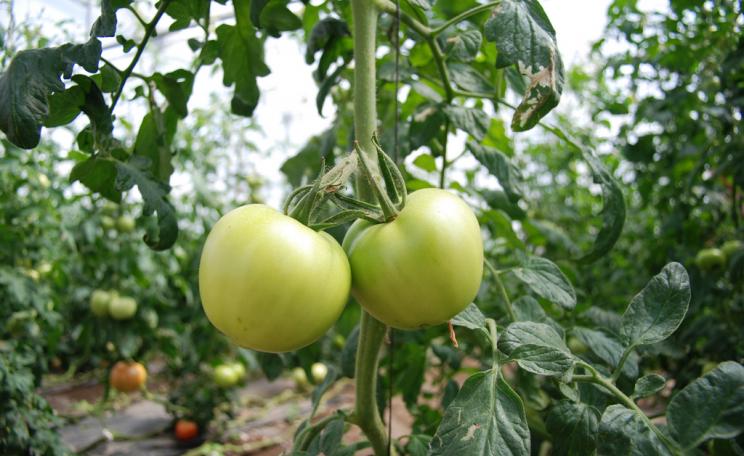More than half of shoppers are actively looking for labels that prove ethical and environmentally sound sourcing of food.
The organic food market is in its sixth year of growth and is expected to exceed a record £2.2 billion in sales by the end of 2017, according to the Soil Association.
Sales of organic food in supermarkets grew by 4 percent to July 2017, while non-organic food sold by supermarkets saw growth of only 1.4 percent over the same period, data from consumer research analysts Nielsen revealed.
“We’ve had six years of consecutive growth in organic products,” says Finn Cottle, trade consultant to Soil Association Certification. This has occurred in spite of austerity, in direct contrast to performance during the financial crisis of 2008 and 2009, when sales dipped.
More important than discounts
During that period, retailers removed organic products from the shelf, Cottle explains, though it is hard to tell if lack of product availability caused the slowdown in sales, or if consumers had already stopped buying them.
More than half of shoppers are actively looking for labels that prove ethical and environmentally sound sourcing of food.
“We’re not seeing any of that at the moment. If anything, some of the discounters like Aldi and Lidl are actually seeing the need to have organic on shelf to answer to consumer choice,” she says. “It’s making organic much more available to a shopper that might be on a budget.”
Retail and consumer trends are changing and boosting the growth of organics, the Soil Association said. Values and sourcing are more important than discounts and low price to these shoppers, it believes.
Indeed, research published in September from grocery market research analysts England Marketing showed that more than 50 percent of shoppers are actively looking for labels that prove ethical and environmentally sound sourcing of food.
“There are two big trends which are very buoyant, both of which appeal to the organic shopper,” Cottle says. The rise in online shopping means that there is a very extensive range of products available, and the demographics of online shoppers correlate well with organic. “They’re generally early adopters, they want to be informed about food,” she says.
From strength to strength
Organic products are also seen as a healthy choice, which could explain the sales boom in cereals, biscuits and flavoured teas, which have seen 39 percent growth in four years, she believes. Innovation across categories including teas, nut butters, free-from products, energy bars and cereals has also catalysed sales.
Dan Rusga, marketing director at Yeo Valley, the UK’s largest organic brand, said that overall, organic products still represent a tiny part of the UK food market, with around 1.7 percent of the UK sales.
“We’re growing from a small base. But it all starts with consumers. They are much more concerned about what they eat and where it comes from, and they want to buy food that they can trust,” he says. There is more organic food available to more people, and it is more affordable than in the past, he adds.
Rusga also points to a concerted marketing push by industry body the Organic Trade Board. This month saw the launch of the board’s “Feed your happy” campaign, which Rusga believes is the largest consumer campaign for organic the country has seen.
Regional trends are changing too - while London is still the largest region for sales, there has been strong growth from across the south and south west, mainly from younger shoppers and from smaller households looking for ethically driven purchases.
Rusga says: “Consumers are ready for it now, providing the price is competitive, there’s no reason why organic shouldn’t go from strength to strength.”
This Author
Catherine Early is a freelance environmental journalist and the former deputy editor of the environmentalist. She can be found tweeting at @Cat_Early76.







